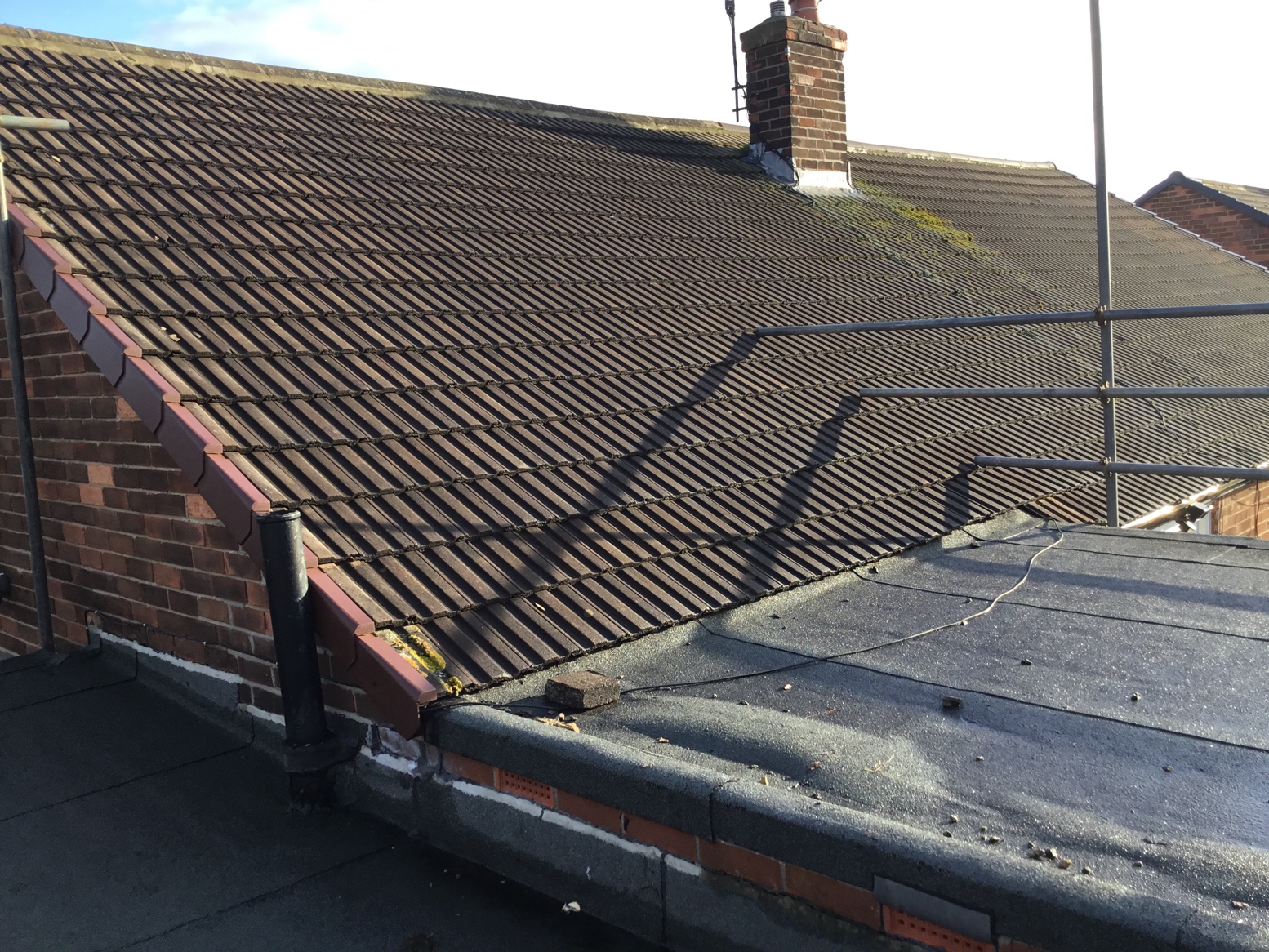
Picking the right mattress can be a bit of a nightmare. Humans spend 25 years of their life asleep, around one third of their time if they’re getting 8 hours kip. In fact, a good mattress could reduce turning during the night from 60 to 17.
It’s amazing then that many people just turn up at a store and buy one without much thought. This article will go into some tips to keep in mind when choosing a mattress — something that could be the difference between being healthy and energetic or being subject to future back pain.
Trial run the mattress
You can get as technical as you like with all the mattress materials, postures and science but at the end of the day, sleeping on it will be the only sure way to know. Of course, you can lie down on the mattresses in the stores but these 5 minutes does not constitute reliable research. When buying a mattress, make sure you have the possibility of return if you don’t like it (not just for malfunctions). Casper mattresses, a mattress brand from the UK actually offer a risk-free 100 night trial. Manufactured in the UK, their signature Hybrid mattress contains pressure-relieving foams with a layer of high-quality springs, which was voted product of the year and best buy by Which! last year. However, if it doesn’t fit your needs, 100 days is by far long enough to really get a feel for it, and witness any repercussions for the wrong choice.
Ask yourself what posture you sleep in?
If you have a specific posture that you always sleep in, then you may want to factor this into the type of mattress you buy. For example, if you sleep on your side, you will want something that will be soft to relieve pressure on the hip and shoulder — such as a soft foam mattress or innerspring. Likewise, stomach sleepers should have a firm mattress, and back sleepers will want something in-between these two.
Do you have any allergies?
If you have allergies, foam and latex are great mattress materials because they’re antimicrobial. This means that they will be resistant to dust mites, mold and potentially other things you may be allergic to.
What makes the best mattress?
Unfortunately, this question has more subjective answers than objective. Generally, it’s down to the individual’s preference, health, bed frame, posture and so on. It is important however to have premium materials, durability and good support. For example, cheap springs can be extremely unforgettable. For this reason, there is a minimum amount you should spend (£500) unless you really can’t afford it.
Age and weight
Different body types matter. The reality is that youngsters and/or those who are very light may get away with a cheaper mattress. The technology that goes into new mattresses is incredible, and it generally gets more usage from those who weigh more. Therefore the amount you spend on a mattress should increase as you get older.
Where can I find good mattresses?
Stick to reputable retailers. Ask around for who has the most credibility for good quality mattresses and importantly, good customer service. Having someone in store talk you through the mattress is very helpful and equally, having a policy that allows for returns. Getting a mattress from a non-specialist is a bit of a gamble (i.e. a supermarket), as the quality may suffer.
How to get comfy in bed?
Regardless of the mattress, there are some tips to keep a healthy posture in bed and be comfortable. If you lie on your back, try placing a pillow under your knees for less lower back pressure. Likewise, side sleepers can place a pillow in-between their knees.




 POSTED BY
POSTED BY 

